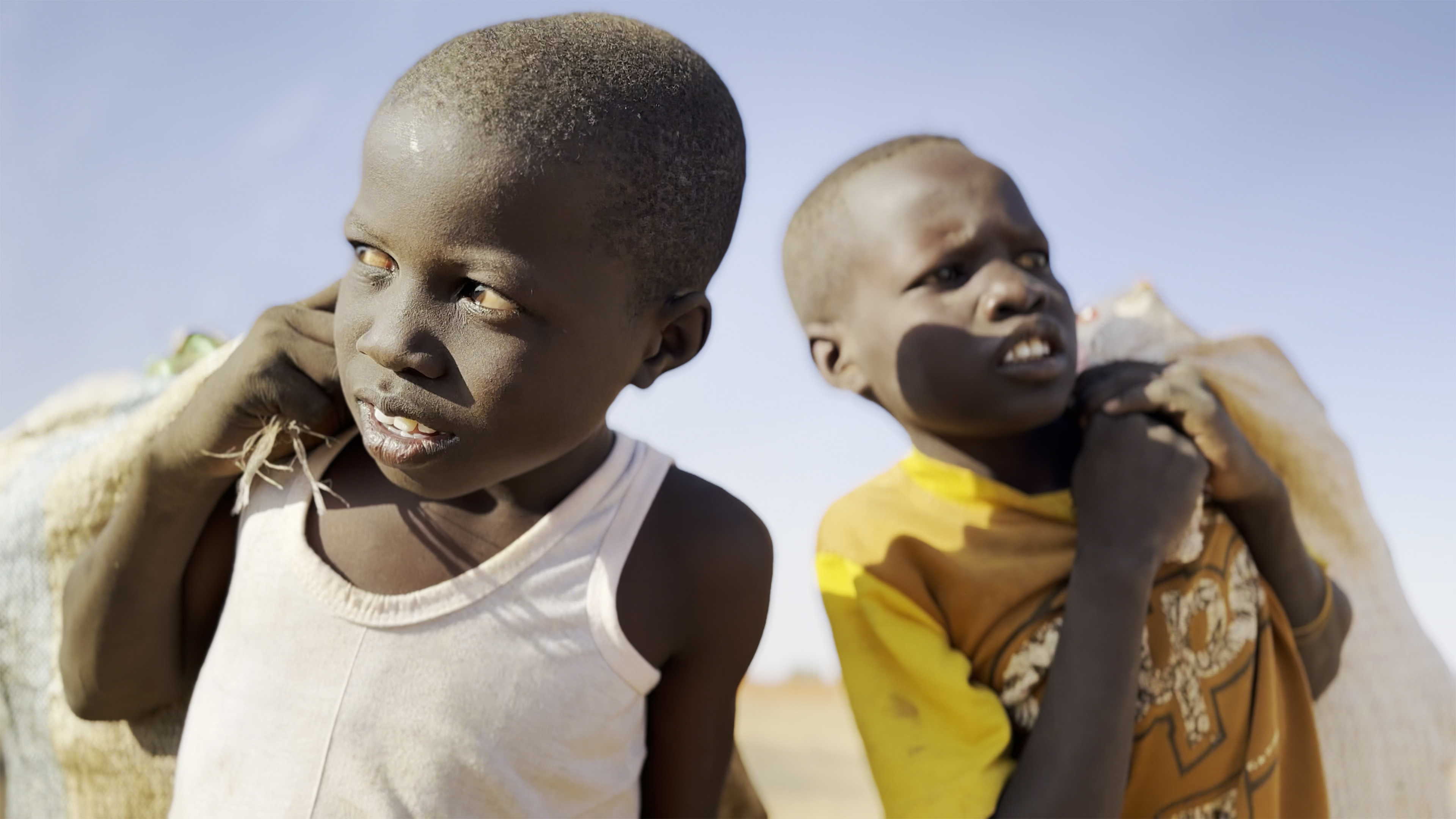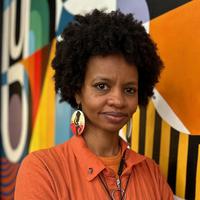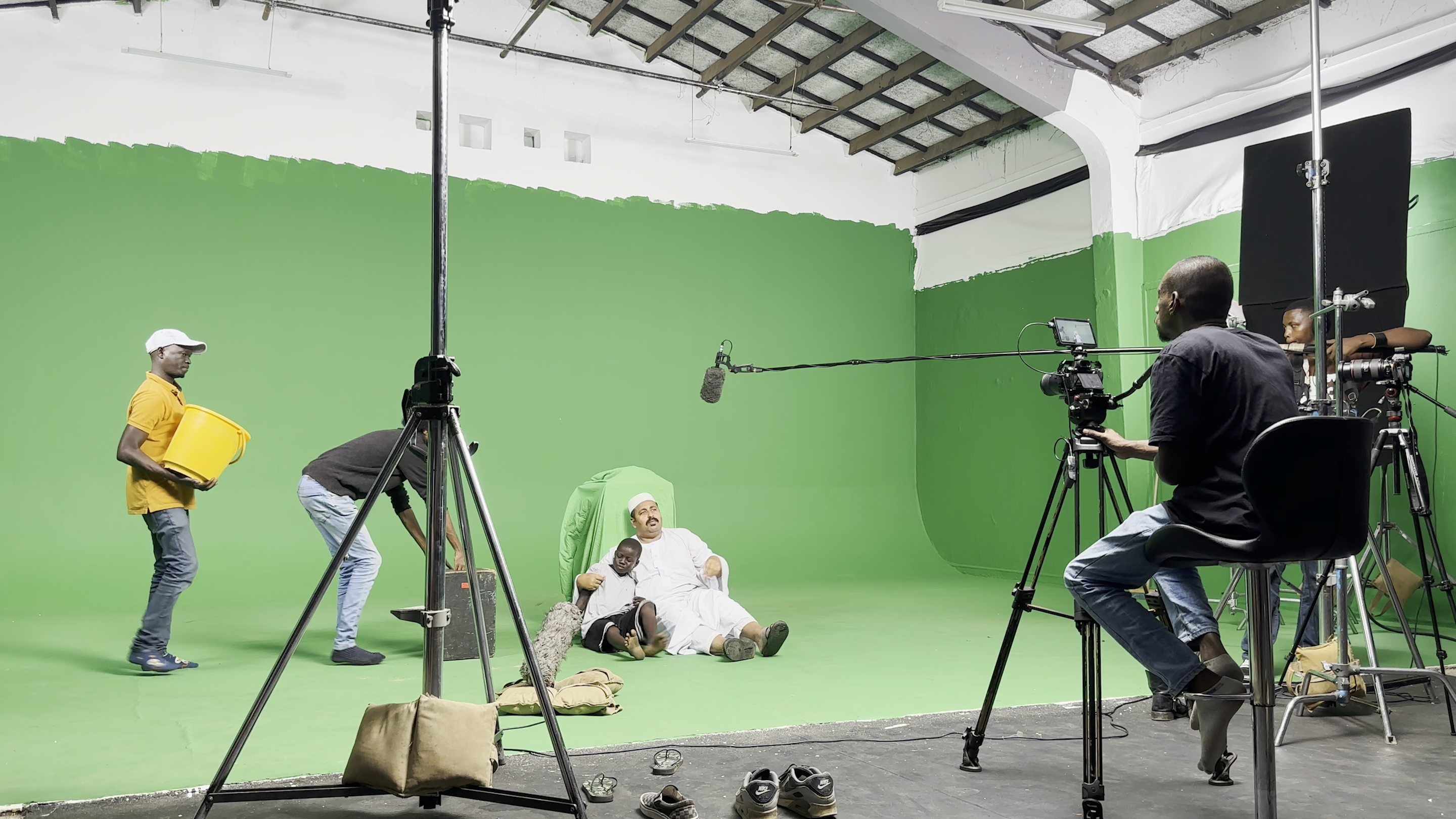"We have a responsibility to preserve Sudanese history"

Qantara: Snoopy, Rawia, thank you so much for your time today. On 26 March, Sudan's capital, Khartoum, was finally freed. This might sound like a banal first question, but how are you both?
Rawia Alhag: I feel very bad about the situation right now, because Sudan is not stable at all. Every morning, I hear news of our people dying.
Brahim Snoopy: We have mixed feelings. While people are happy that Khartoum has been freed from the RSF (Rapid Support Forces), the Sudanese army (SAF) is also committing crimes. It's like picking a lesser evil—at the end of the day, people are still dying for no reason. Freeing Khartoum should have made everyone much safer, but that's not the case.

Does the media, especially in the West, lack nuance in its reporting of the war?
Snoopy: Some media outlets are fair and understand the context. They know that neither side is helping civilians or siding with them. But others make out the Sudan War as a simple case of SAF versus RSF, good versus bad, which is not the full story.
The army created the RSF in 2013 to commit crimes they couldn't commit themselves. I wish media outlets could do the research and understand this history. But most are shallow and only see the outer layer of the situation in Sudan right now.

As well as shedding light on the war in Sudan, your new film "Khartoum" shows how you, as filmmakers, have adapted to being displaced. How did this project come about?
Rawia: It all started when director Phil Cox wanted to make a poetic documentary on the city of Khartoum. Phil Cox has been coming to Sudan since the early 2000s and has made several films here. He came in 2021 during the coup and posted an open call on Facebook, in collaboration with Sudan Film Factory producer Talal Affix and Native Voice Films producer Giovanna Stopponi, looking for emerging filmmakers to submit their stories and collaborate on the project. Four of us were selected, and we did a series of workshops on how to develop our stories.
Snoopy: Even though the film has four individual segments, we never thought we were making individual films. "Khartoum" was all teamwork. We intertwined our ideas and kept asking—how can the other directors build their thoughts on mine? Whenever someone had an idea, we would share it and work on it together.
The outbreak of war forced you to completely change the content and style of the film. Are you happy with the result?
Rawia: We are happy with the way the film turned out—there's not enough media coverage on Sudan and the film has featured at major film festivals like Sundance and Berlinale. Through the film, we can show what's happening on the ground from a personal perspective. We show the human side, because the war in Sudan is not just the numbers and statistics you see on the news.
Snoopy: There was a time when we weren't sure whether to go on with the film. We had shot some footage with our protagonists; this was the version of "Khartoum" before the war, but then the war broke out, and it was impossible for us to film everyone leaving.
Some of our protagonists were still in the war zone when we arrived in Nairobi, and we didn't have any contact with them. It was a challenge, but we realised it's our responsibility to finish the film. People like us—filmmakers, visual artists, producers—have a responsibility to preserve this part of Sudanese history, because everything is being erased by the RSF and the army. The film reflects the resilience of the Sudanese people. We need to preserve that.

How did you persuade your protagonists to continue with the film after the war started? It's one thing to ask someone to take part in a documentary about Khartoum during peacetime, and quite another to ask them to continue amid the threat of violence and displacement.
Snoopy: Initially there was a lot of back and forth. Majdi, my protagonist, was a civil servant with a passion for pigeon racing, which was initially what my segment was going to focus on. After the war started, we decided to focus on his personal story and experience during the war—how he had to send away his child, for example.
We reached out to him and explained to him the urgency of coming to Nairobi where we could finish the film. We had to show what was happening in Sudan from a new angle, and he agreed to come.
There, we established a deeper connection with each other. Before the war, Majdi was just a civil servant who liked underground pigeon racing, and we were the filmmakers who wanted to tell his story. But since the war, we're all displaced, we have the same struggles, we have lost or left family members in Khartoum. This has broken all barriers between us.
Rawia, your segment focuses on two children, Lokain and Wilson. There's a very poignant moment, where they say that "all of this has happened because of grown-ups." How was your experience directing children? And how do you ensure they aren't re-traumatised in the process of making the film?
Rawia: In the beginning, I was interested in telling the story of street kids, and I found Lokain and Wilson. I kept visiting them every weekend and earned their trust. They were very open with me once that trust was established. Right now, they are still living with me in Nairobi. [Rawia became Lokain and Wilson's guardian after the film was completed.]
As far as the psyche is concerned, we had a professional Sudanese therapist who did sessions with us. She showed that we can be healed from what we saw during the war. Because the film includes a lot of reenactments, we—as directors—used some traumatic events from our own lives as examples, so that the protagonists could see where we were coming from and understand what we were requesting them to do on camera for us.
And as you can see in the film, it's very important that everyone hugs each other after filming these traumatic reenactments. Some experiences were very traumatic, and a simple hug can cure a lot. We didn't want anyone feeling alienated or distant from us, so we made sure that we were there for each other.
The film addresses the fact that in Khartoum, though we all live in one city, we are so distant from each other. Majdi would not necessarily ever cross paths with Lokain and Wilson. But because of the war, everyone understands each other now.
15 April marked two years since the start of the Sudan War. What are your plans or hopes for the future?
Snoopy: To me, it's all very blurry at the moment. A lot of people are urging us to go back to Sudan, but it's still dangerous. There are a lot of bodies on the ground, and a lot of land mines. In an ideal situation, I would love to go back to my country, even though it's destroyed. We're a cursed generation—all this shit that's happening has happened in our time.
But it's important to be selfless and build Sudan up for the next generation. We're trying to do that from abroad right now—through our films, through educating people and preserving the history—so that whoever comes after us can understand how we were feeling, and what the solutions for a better Sudan were.
© Qantara
